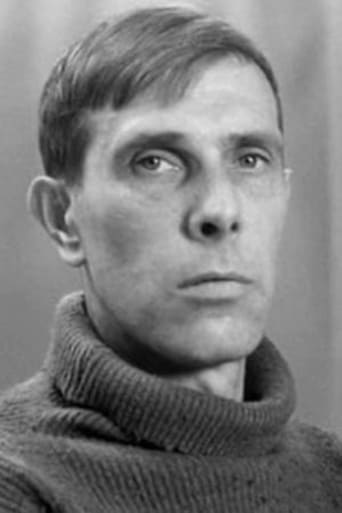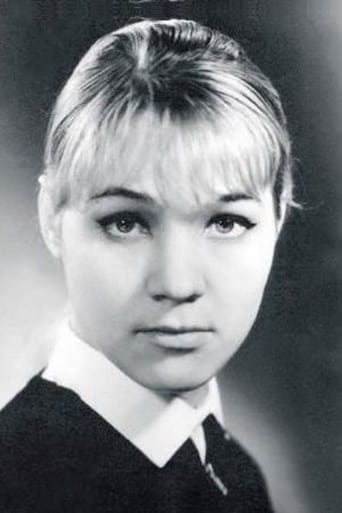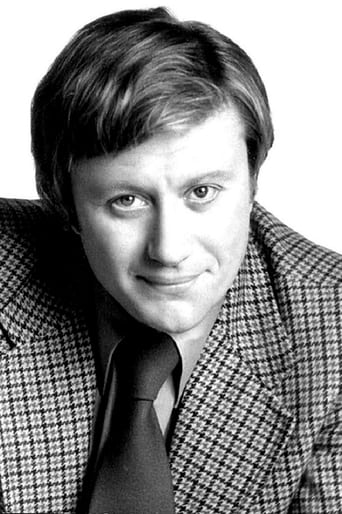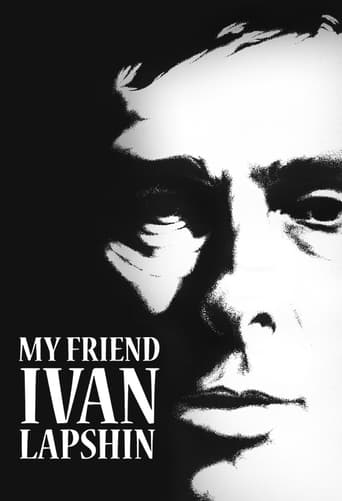
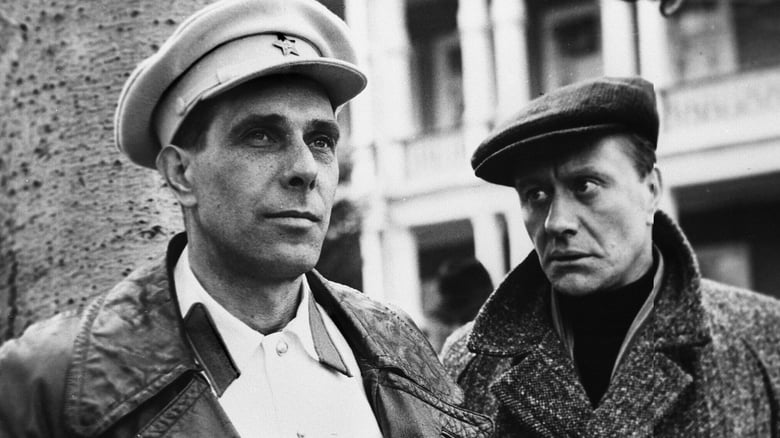
My Friend Ivan Lapshin (1987)
Russian provincial town in the middle of the 1930s Stalin's Great Purge. Ivan Lapshin, the head of the local police, does what he has to do. And he does it well.
Watch Trailer
Cast


Reviews
A recollection from a Russian childhood becomes, in director Alexei Gherman's memory, a rambling fantasia of events in a small provincial town during the 1930s. The film is virtually plot less but rich in incidental detail, and like any nostalgic memory is oblique and selective, and often shadowed with a profound sense of regret. Viewers unfamiliar with Russian habits and history may be hard pressed to follow the director's near-documentary recreation of local events (spiced with occasional arcane, Fellini-esquire symbolism). What passes for a plot is allowed to develop in an offhand, almost inconsequential manner: an awkward love triangle shared by the title character (a local secret policeman) with a traveling actress and a journalist friend; a manhunt for an elusive criminal, and so forth. It's as if the characters were too personal for Gherman to see them become bogged down in a simple romance or conventional police procedural drama.
I just heard about German, I mean I knew something about his Krustaliov but I couldn't find it. Now, reading all this reviews about him, little in number but strong in appreciations as they are, I wanted to see his Ivan Lapshin. I just managed to see it with good quality, English subtitles on Youtube. I was amazed, German is in a league of his own, like Bela Tarr but more enjoyable. No wonder he made only six or something movies in his entire career. If all the other movies of him are of the same quality as this one I can understand the effort that he puts in such works of art. His long takes are so much better than,let's say, those artificial ones of Angelopoulos. He is so much more modest than a lot of filmmakers who wonder around at festivals hunting an award or two. He is pristine, alive, every shot of this movie contains something magical. Bravo!
I decided to watch this film after a poster said it was voted best Russian film. I had never heard of it before (I'm Russian and watch many many Russian films). This is now one of my favorite films. To me it is perfect in every way: acting, script, cinematography, music, feel. The film is mostly in black and white, thought it is book-ended by color scenes, and has color scenes multiple times in the middle of the film, always appropriately.The story is narrated by a grown man who remembers his childhood with his father during Stalinist times. His father is a doctor i believe and they live in an apartment with Lapshin, the police detective, and Okroshkin, another detective i believe, and their landlady. In the middle of the story a play-writer friend comes to live with them while a acting group is in town to do a show. What is the film about, what is it's theme? It's not important, it's a deep film of memories and feeling. Cinematogrpahy-wise this film is genius. The beauty of the images and the story are breathtaking, every scene is a miracle. As i watched the film i wondered "how in the world have i never heard of this film"?? I thought the following reasons: too creative, to free of interpretations, too perfectly shot.. the communist powers must have hated this incredible, deep, film. This film does not make communism look bad or good, that's not at all it's theme I don't think.If you take cinema seriously, you have to watch this film. 10/10, a perfect film.
This film is set at a very specific date, after the murder of the Leningrad Soviet boss Kirov in 1934, just before the first Soviet purges. There had already been disasters- the great artificial famine in the Ukraine which is alluded to- but this was the last time when Soviet officials could still have clean consciences and clean hands and do their duty. At one point in this film there is a scene of a cock and a fox in a cage together,learning to befriend one another, the child in charge says. Later we learn that the fox ate the cock, but "The experiment goes on." That phrase expands from the one casual scene until it dominates the film.There are two aspects to the film. There are plots- Ivan Lapshin's hunt for the murderous Soloviev criminal gang and his wooing of an actress- but the most important aspect of the film is the portrait of provincial Soviet life at that moment, seen in the memory of a a man who was a small boy in the overcrowded communal apartment he and his father shared with Lapshin and others. We see the overcrowding, the way people are pushed together, the obsession with food and rations, with getting illegal firewood. We see the other people in the apartment and are casually shown the way people actually live as against the propaganda they are told and believe. We see Lapshin suffering from shell-shock from the revolution and realise that the murderousness that was there then still exists. We see the contrast between rhetoric and reality- the actress meets a prostitute, to learn for a part in a propaganda play about reforming criminals. Later we see part of the badly-acted play and incidentally learn the prostitute has been sent to hard labour. Lapshin and his men search a tenement for the criminals and we cannot tell criminals from the others- displaced peasants fleeing the famine, just as hostile to and scared of authority- there. When Lapshin finally captures Soloviev- unarmed and wounded- he coolly shoots him dead and we realise what he and those like him could do in the future.


